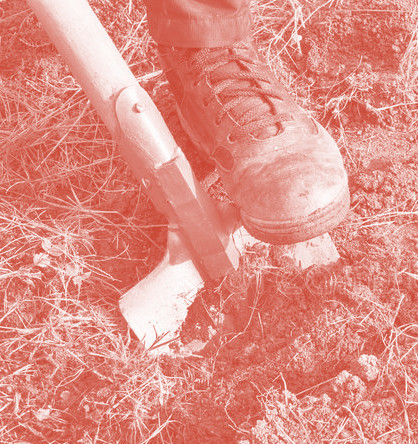Cultural laws pass in WA
 WA Parliament has passed cultural heritage protection laws that may not work.
WA Parliament has passed cultural heritage protection laws that may not work.
A new law has been created to replace rules including the controversial Section 18 approvals process of the Aboriginal Heritage Act 1972, which allowed Rio Tinto to destroy a 46,000-year-old sacred site at Juukan Gorge last year.
The works to expand a mine that destroyed the sacred caves were approved despite traditional owners warning of the site's cultural significance.
This week, the Aboriginal Cultural Heritage Bill 2021 was passed by Western Australia's Upper House.
The new law defines recognised Aboriginal cultural heritage as places, objects, cultural landscapes and ancestral remains.
It is intended to allow Aboriginal people to determine what qualifies as Aboriginal cultural heritage and is protected under the legislation.
The Aboriginal Heritage Act relied on statutory committees to evaluate the importance of Aboriginal cultural heritage on behalf of the Aboriginal community.
The new law will see the creation of an Aboriginal Cultural Heritage Council - with a majority of Aboriginal members - to oversee the new regime, advise relevant ministers, and approve cultural heritage services, permits and plans.
But there is concern that the laws will still not pbe enough to prevent the wanton destruction of cultural sites.
Some have raised issues with the WA Minister for Aboriginal Affairs retaining the final say in circumstances where traditional owners and mining companies could not agree. The new law does not provide any avenue to appeal decisions by the minister to the State Administrative Tribunal.
“They’ve preserved the rights of the settler state to destroy Aboriginal sites without involvement and capacity of Aboriginal people to say; ‘No’,” says National Native Title chair Kado Muir.
“What this legislation does is it gives an opportunity for parties to have negotiations, but when they don’t agree it goes to the Minister, and the minister has the final say on the capacity to destroy an Aboriginal site.”
The UN Committee on Race Discrimination has been informed of the concerns, leading it to send a letter to the WA Government calling for more information on allegations that there was not adequate time for consultation and the lack of appeal process on a minister's decision.
The Kimberly Land Council (KLC) and the Yamatji Marlpa Aboriginal Corporations have both issued statements slamming the passage of the bill.
Yindjibarndi Corporation chief executive Michael Woodley said the bill could be a practical way forward.
“I think the sticking point for many of us is who gets to make the final decision,” he told the ABC.
“We have to be realistic and practical about the role of this minister or any minister that sits in power over these types of matters.
“To my understanding, the minister doesn't make a decision on what's an important site and how a site should be managed.
“The minister will step in [at] the time that we can't agree on certain aspects, and then there will be another consultation process where the minister gets involved and starts to mediate.
“From my point of view I see that as being practical.
“The onus of responsibility in terms of how those are made heritage sites and, importantly, how they get protected should be put in sole responsibility of First Nations people.
“And educating those developers in terms of what they can and can’t do in respect and in regards to the development.
“So if we fail on that process … and we get to the minister having the final say on what’s in the best public interest, then I think we’ve failed as Third Nations People, and developers, in not seeing there is a way forward in … how we can find the balance in terms of protecting sites and these operations going ahead.”







 Print
Print